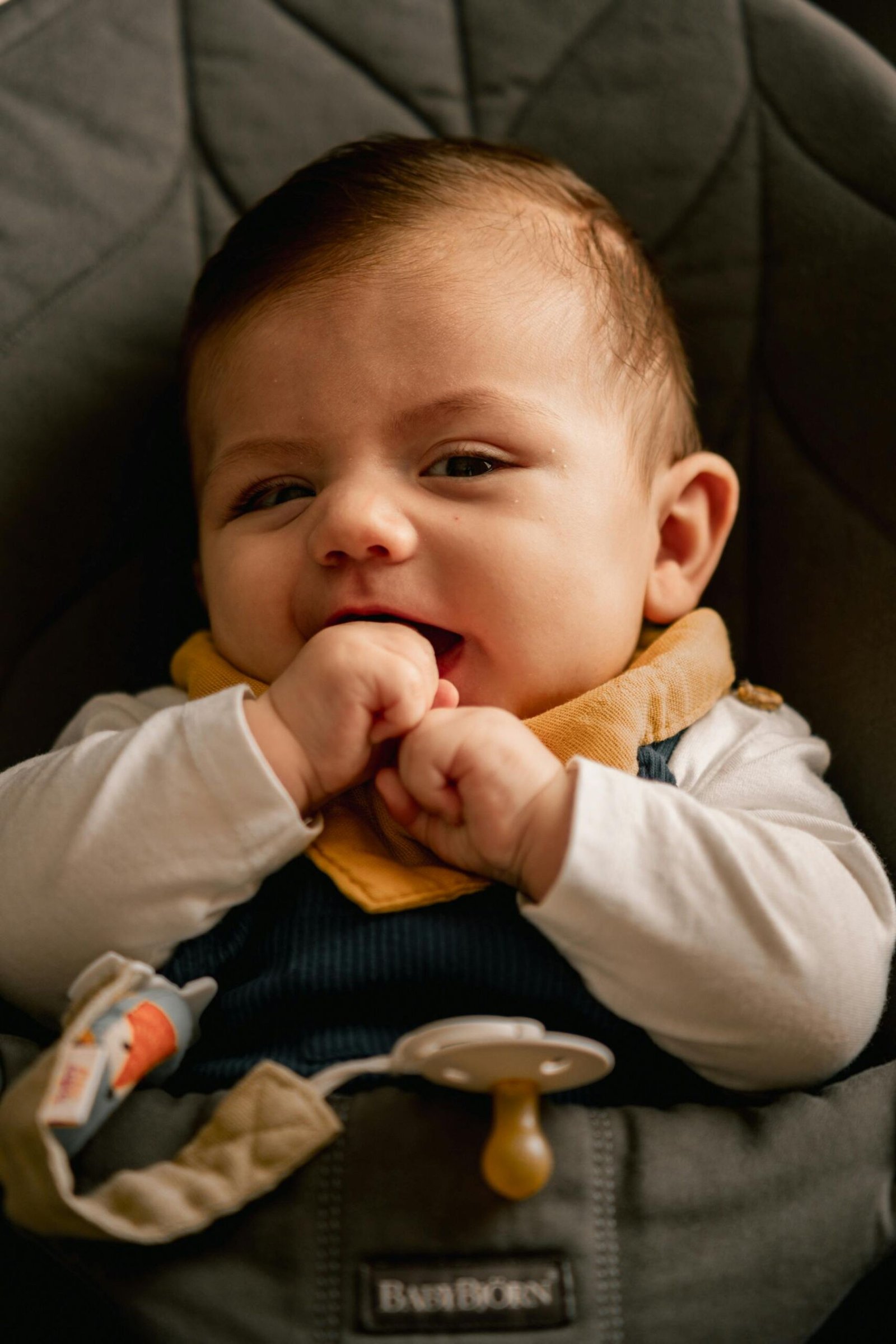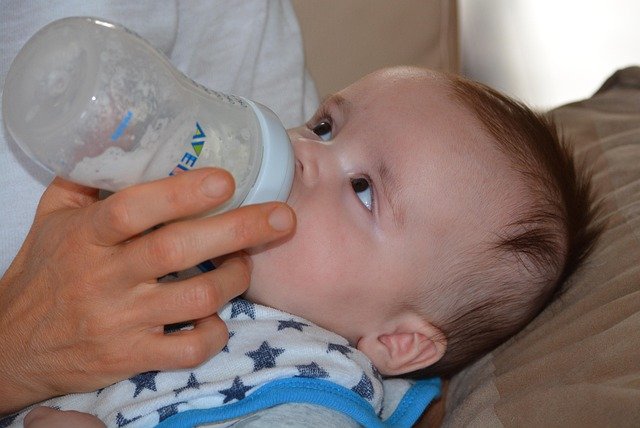The reality every parent should know
Car seats save lives full stop. But here’s the shocking truth: more than half of car seats are installed or used incorrectly. That means many kids ride every day without full protection, even though parents think they’re doing everything right.
In South Florida, where families are always on the go, car seat safety is non-negotiable. Let’s break down the most common mistakes and how to make sure your child is safe on every ride.
Mistake #1: Turning forward too soon
Many parents flip their babies forward-facing at 1 year old. Current safety guidelines? Keep kids rear-facing as long as possible, until they outgrow the seat’s height or weight limit (often age 2–4). Rear-facing protects their fragile neck and spine in a crash.
Mistake #2: Loose straps
If straps are too loose, your child can slip or be ejected in a crash.
Do the “pinch test”: buckle your child, tighten the straps, and try to pinch the harness at the shoulder. If you can pinch fabric, it’s too loose.
Mistake #3: Chest clip in the wrong place
That little clip isn’t decoration it keeps straps in position. It should sit at armpit level, not on the belly or neck.
Mistake #4: Using bulky coats or blankets
Florida doesn’t often require heavy coats, but on chilly days, parents still bundle up. Puffy clothing compresses in crashes, leaving straps too loose.
Dress your child in thin layers and tuck a blanket over the straps instead.
Mistake #5: Installing with both LATCH and seat belt
More isn’t always better. Use either the LATCH system or the seat belt, not both—unless your car seat manual specifically says otherwise.
Mistake #6: Using expired or secondhand seats
Car seats have expiration dates (usually 6–10 years). Heat, humidity, and Florida sun degrade materials faster. Avoid used seats unless you know their full history and crash record.
Mistake #7: Wrong seat for age/size
- Infants: Rear-facing only or convertible seats.
- Toddlers/Preschoolers: Rear-facing as long as possible, then forward-facing with harness.
- Big kids: Booster until seatbelt fits properly (often 10–12 years old, or 4’9” tall).
Where Florida parents can get help
The good news? You don’t have to figure this out alone. Certified Child Passenger Safety Technicians (CPSTs) offer free or low-cost car seat checks. In South Florida, you can find them at:
- Miami-Dade Police & Fire Departments (car seat check events)
- Nicklaus Children’s Hospital (offers safety inspections)
- Broward Sheriff’s Office (hosts child safety seat fitting stations)
- Safe Kids Florida Coalitions (run car seat safety events statewide)
Final tip: Read the manual (yes, really!)
Every car seat is a little different. The safest way to use yours is by following the seat’s manual and your vehicle’s manual.




1 Comment
Arnaud
Confession: I’ve watched about 20 YouTube videos on installing car seats and still second-guess myself every time! I still remember the day I had to install it at the hospital!